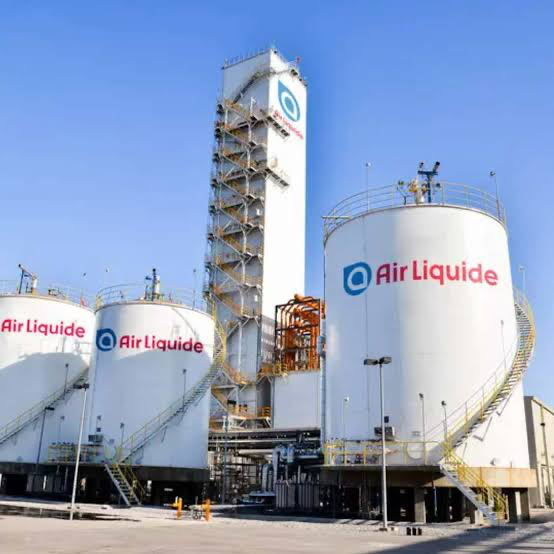Mexico’s government has taken over a hydrogen plant at a state-owned oil refinery that was sold to French company Air Liquide in 2017, sparking a dispute over compensation and energy sovereignty.
The plant, located at the Tula refinery in central Hidalgo state, supplies hydrogen to reduce the sulfur content in petroleum products such as diesel. Hydrogen is a key element for the refining process and the transition to cleaner fuels.
The energy ministry announced the expropriation of the plant on Feb. 8, citing the need to ensure Mexico’s “energy sovereignty” and avoid disruptions to the refinery’s operations. The ministry claimed that the third-party supply of hydrogen posed a risk to the national interest and the security of the energy sector.
Air Liquide, a global leader in industrial gases and services, said it was in discussions with the Mexican government to address the issue and seek fair compensation. The company said it had contracts that were “extremely structured” and provided for compensation clauses in similar situations.
The expropriation is the latest move by President Andrés Manuel López Obrador to increase state control of Mexico’s energy sector and reduce dependence on foreign imports. Since taking office in 2018, he has sought to revive the fortunes of Pemex, the state oil company, and CFE, the state electricity company, by giving them more resources and preferential treatment.
He has also tried to roll back the energy reforms enacted by his predecessor, Enrique Peña Nieto, who opened up the sector to private and foreign investment in 2013. Peña Nieto sold the hydrogen plant to Air Liquide under a 20-year contract in 2017, as part of a plan to lower costs and boost efficiency at Pemex’s refineries. López Obrador has accused the previous administration of selling off the nation’s assets and rigging the energy market in favor of private interests.
The Tula refinery is Pemex’s second-largest domestic refinery currently in operation, with a capacity of 315,000 barrels per day. It is also one of the most polluting, as it lacks the technology to produce low-sulfur fuels that meet international standards.
The expropriation of the hydrogen plant could have implications for the environmental performance and profitability of the refinery, as well as for the relations between Mexico and France. Air Liquide has been operating in Mexico since 1910 and has more than 2,000 employees in the country. The company said it hoped to reach a satisfactory agreement with the Mexican authorities that respected the rule of law and the interests of both parties.
The expropriation of the hydrogen plant is not the first time that the López Obrador administration has taken over a private asset in the name of public interest. In 2023, the government seized part of a railway owned by Grupo Mexico, the country’s largest mining company, citing security and social reasons.
Some analysts have warned that these actions could undermine Mexico’s reputation as a reliable partner for foreign investors and hamper its economic recovery from the pandemic. However, others have argued that the government has the right to defend its national sovereignty and pursue a more equitable and sustainable energy model.
The outcome of the compensation talks between Air Liquide and Mexico could set a precedent for future cases of expropriation or renegotiation of contracts in the energy sector. It could also test the strength of the bilateral ties between the two countries, which have a long history of cooperation and trade.
Source: Reuters



